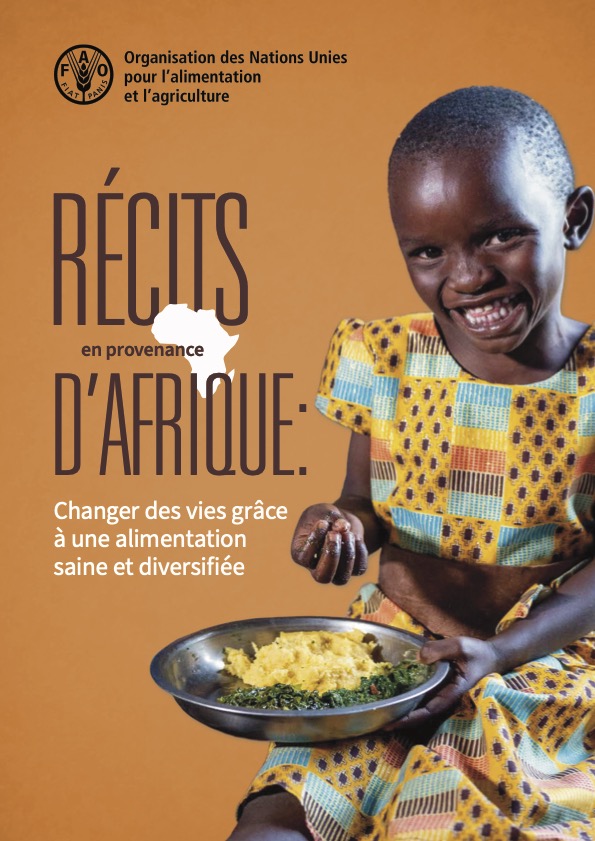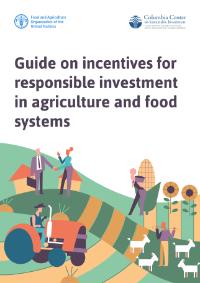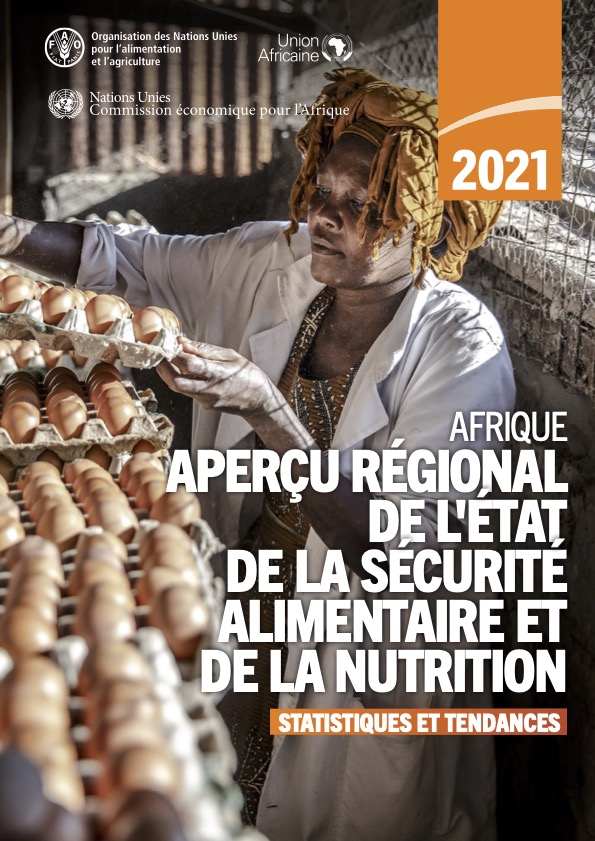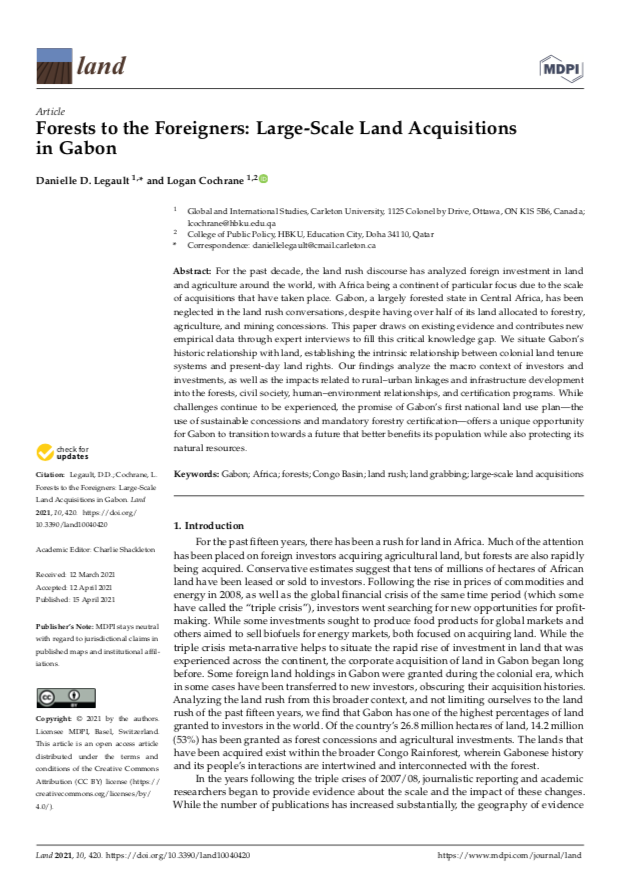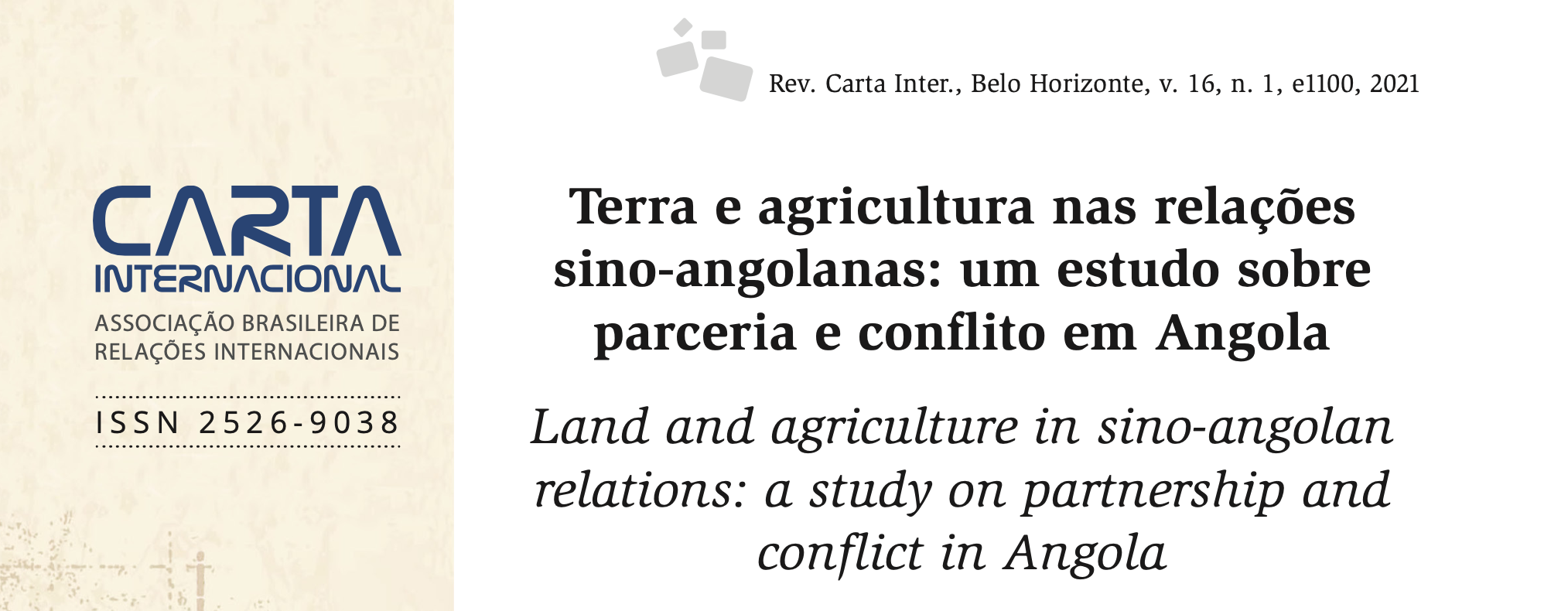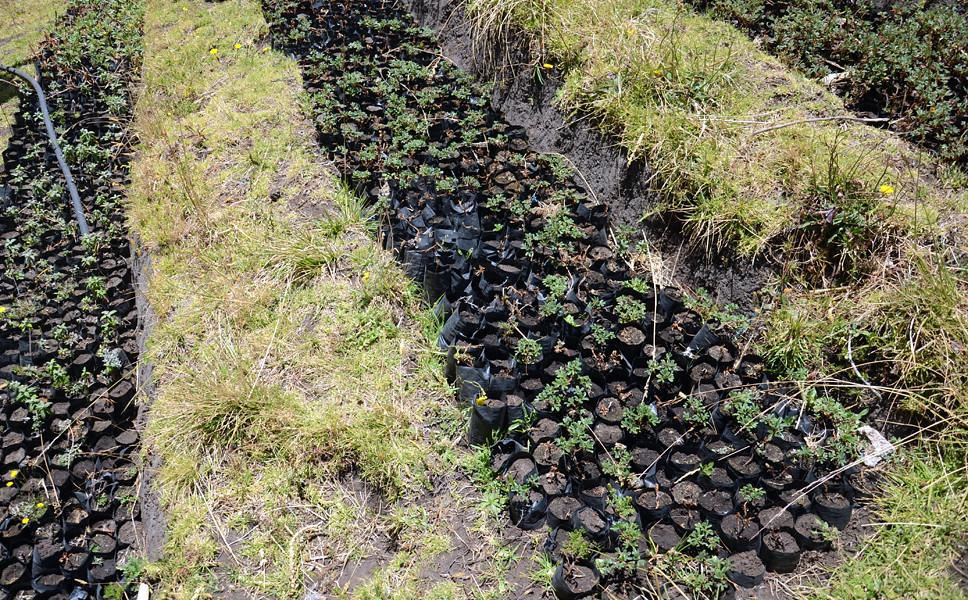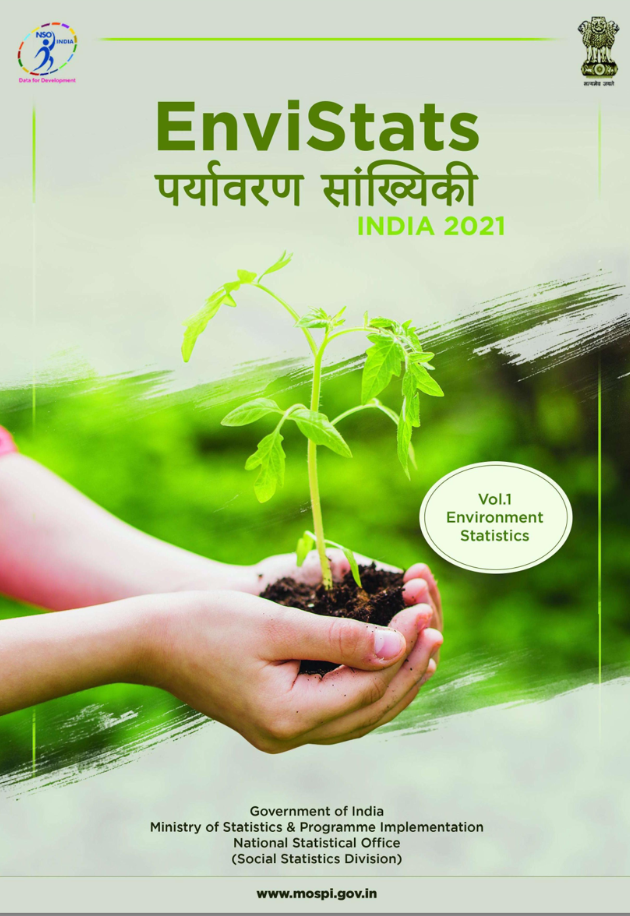Récits en provenance d’Afrique: Changer des vies grâce à une alimentation saine et diversifiée
Un régime alimentaire sain composé de légumes, de protéines et de fruits frais est essentiel pour éliminer la faim et toutes les formes de malnutrition et atteindre l’Objectif de développement durable 2, à savoir «Faim Zéro» à l’horizon 2030.

